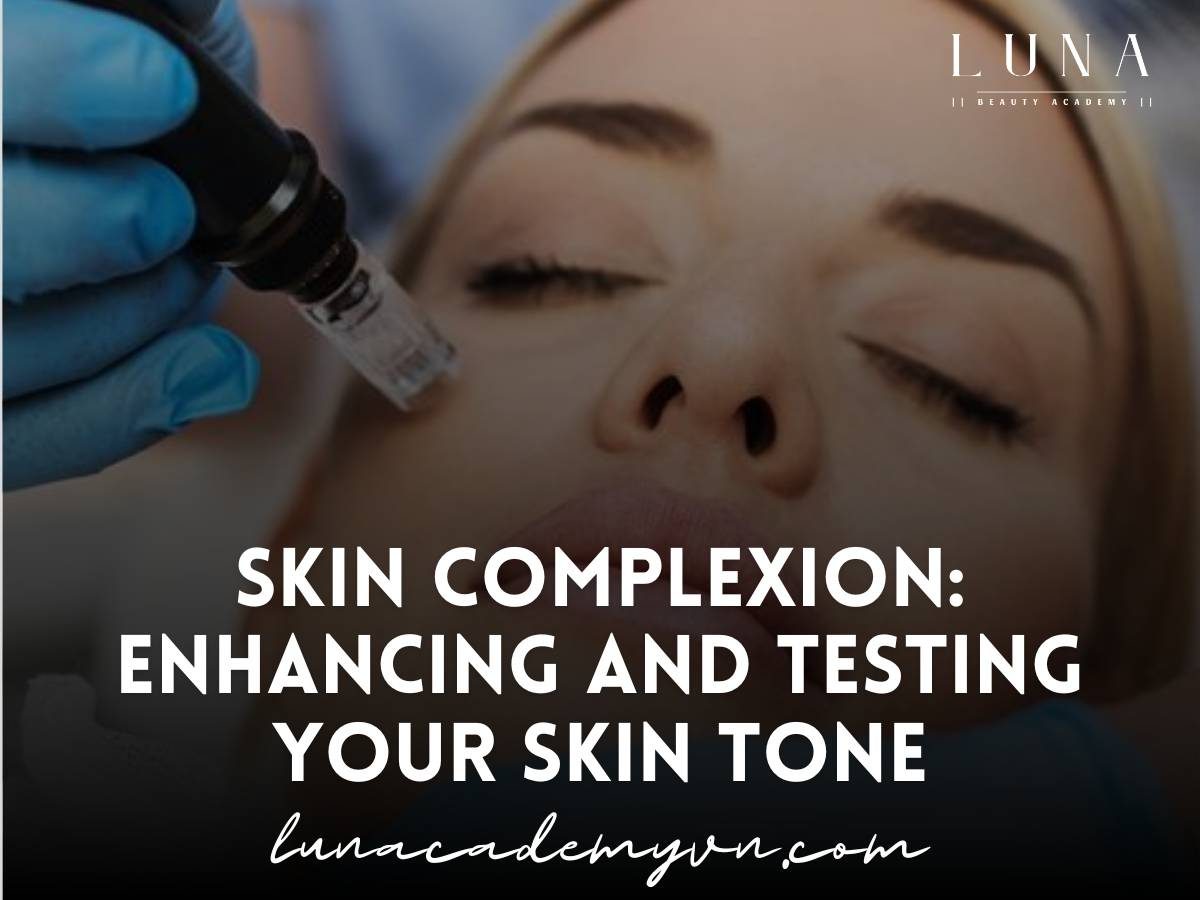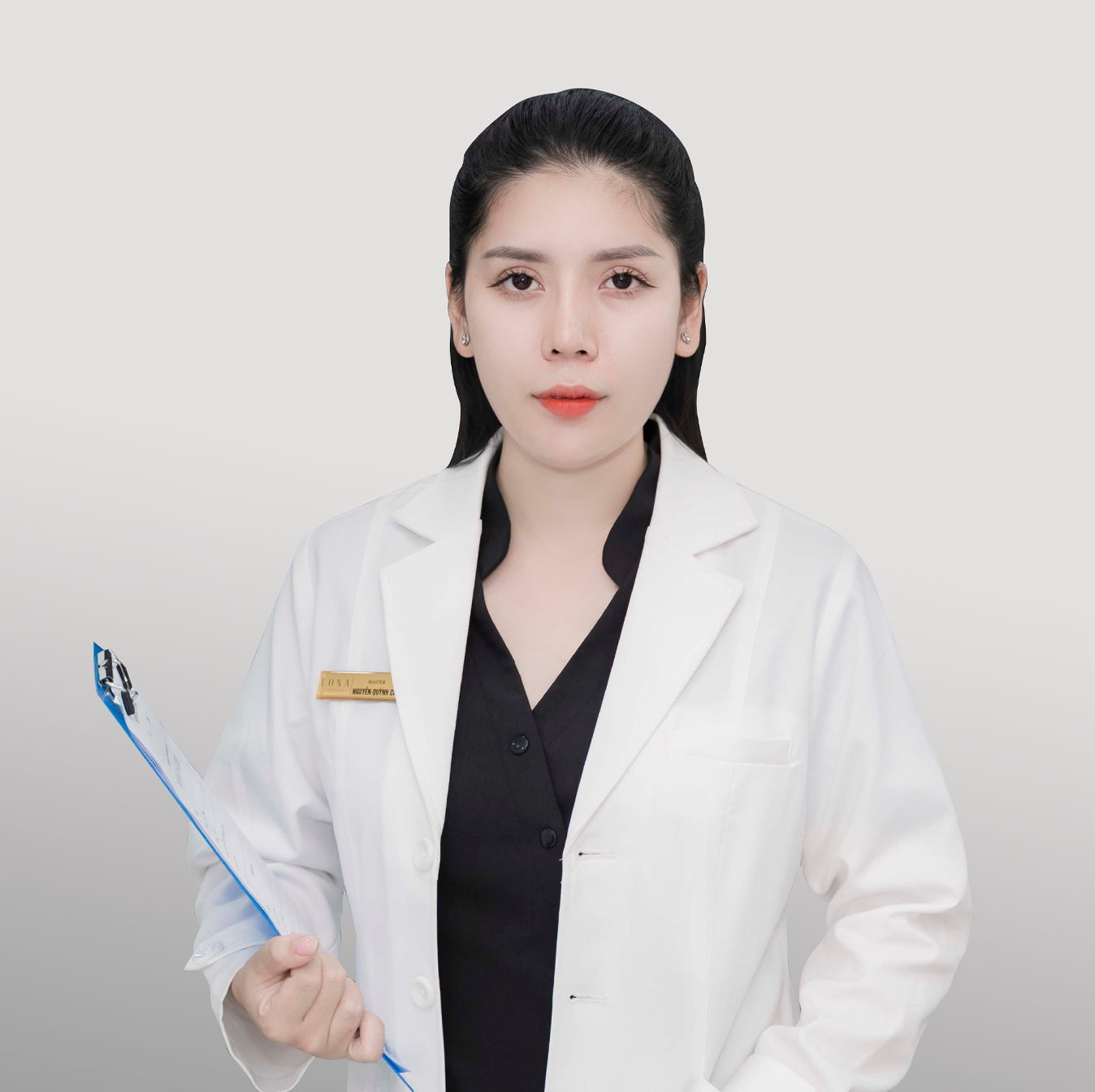The term “skin complexion” refers to the natural color, texture, and appearance of your skin, which varies based on genetics, environmental factors, and overall health. Having a radiant and even complexion is a sign of healthy skin, and many people strive to improve their skin’s appearance through various skincare routines and treatments.
In this article, we will discuss how to assess your skin tone through a skin complexion test and ways to improve your skin complexion, including a mention of mesotherapy, an advanced cosmetic treatment.
Table of Contents
ToggleSkin Complexion Test
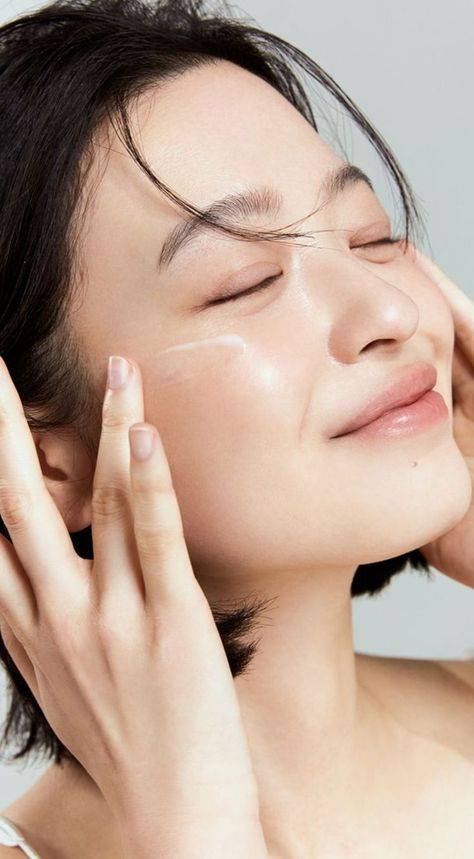
Knowing your skin complexion is crucial in selecting the right skincare products and treatments. Conducting a skin complexion test helps in determining your skin type and tone, which can directly influence how your skin reacts to different skincare ingredients. Here are a few methods to test your skin complexion.
The Fitzpatrick Skin Type Test
One of the most widely used methods for determining skin complexion is the Fitzpatrick skin type classification. This test assesses your skin’s response to sun exposure, categorizing it into six different types:
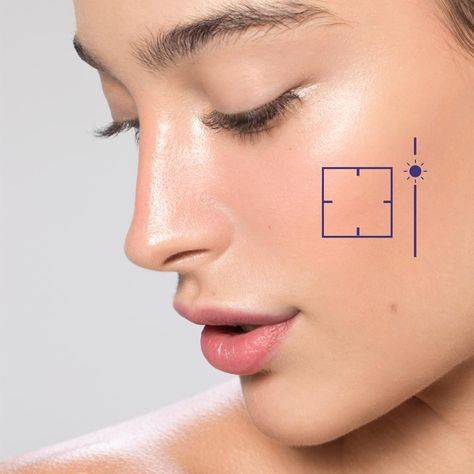
Type I: Very fair skin, often burns and rarely tans
Type II: Fair skin, burns easily, tans minimally
Type III: Medium skin, tans uniformly, burns moderately
Type IV: Olive skin, tans easily, burns minimally
Type V: Brown skin, tans well, rarely burns
Type VI: Dark brown to black skin, never burns and tans deeply
By determining your Fitzpatrick skin type, you can make better choices regarding sun protection and skincare products that suit your complexion.
Undertone Test
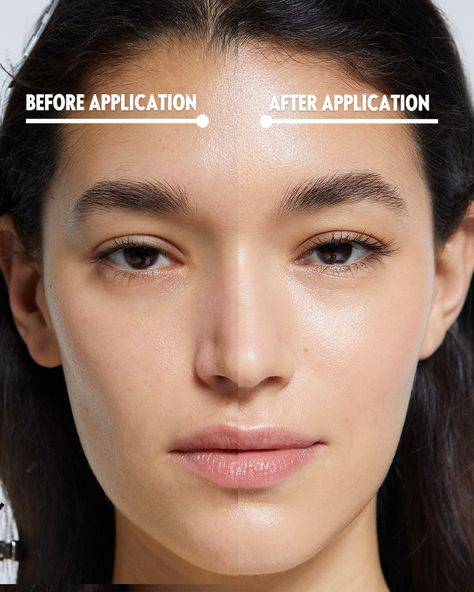
The undertone of your skin is another important factor in understanding your skin complexion. There are three primary undertones:
Cool undertones: Pink, red, or blueish hues under the skin
Warm undertones: Yellow, peach, or golden hues
Neutral undertones: A balance of both cool and warm tones
To test your undertone, try the vein test. Look at the veins on your wrist: if they appear blue or purple, you likely have a cool undertone. If they look green, you have a warm undertone, while a mix of both indicates neutral undertones.
MORE: Botox and Dermal Filler Courses: A Comprehensive Guide
Skin Texture and Oiliness Test

Beyond color, the texture and oiliness of your skin also play a role in your complexion. Conducting a blotting paper test can help determine your skin type:
Oily skin: Produces excess oil, causing a shiny appearance
Dry skin: Lacks moisture, often appearing flaky or rough
Normal skin: Balanced oil production and smooth texture
By performing these simple tests, you can determine the unique characteristics of your skin complexion, helping you tailor your skincare regimen for optimal results.
Improve Skin Complexion
Once you know your skin type and tone, improving your skin complexion becomes easier. Several methods, from topical treatments to more advanced cosmetic procedures, can help you achieve a brighter, more even complexion. Among the most effective treatments for improving skin complexion is mesotherapy.
Daily Skincare Routine
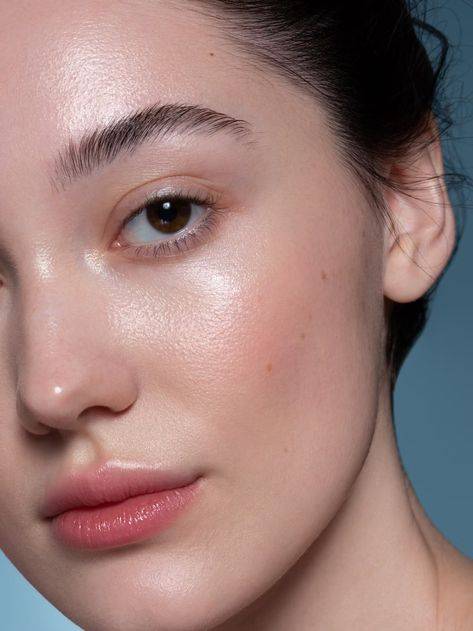
Here’s a basic skincare regimen to improve your skin’s appearance:
Cleansing: Use a gentle cleanser suited for your skin type to remove dirt and impurities.
Exfoliation: Exfoliate 1-2 times a week to remove dead skin cells and reveal fresh, glowing skin.
Moisturizing: Keep your skin hydrated by using a moisturizer that matches your skin type.
Sun Protection: Apply a broad-spectrum sunscreen with at least SPF 30 to shield your skin from harmful UV rays. This helps prevent sun damage, such as dark spots and uneven skin tone, keeping your complexion smooth and radiant.
Diet and Hydration
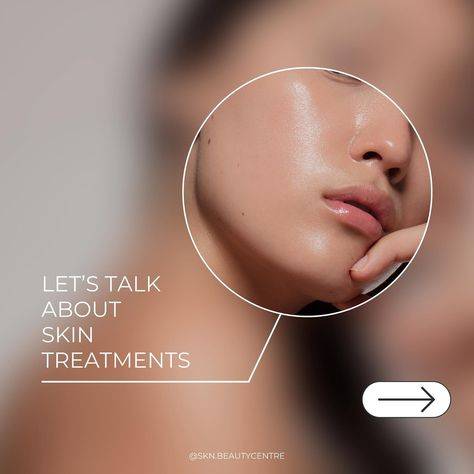
A healthy diet rich in antioxidants, vitamins, and minerals contributes to a radiant complexion. Include foods high in:
Vitamin C: Known for its brightening properties, vitamin C can help reduce pigmentation and promote collagen production.
Omega-3 Fatty Acids: Found in fish, flaxseed, and walnuts, these help maintain skin elasticity and reduce inflammation.
Water: Staying hydrated ensures your skin stays plump and glowing.
Mesotherapy for Skin Complexion
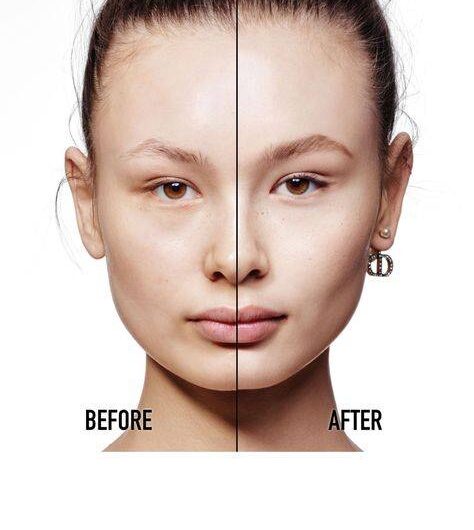
One of the most effective modern treatments for improving skin complexion is mesotherapy. Mesotherapy is a non-invasive cosmetic procedure that involves injecting a blend of vitamins, minerals, hyaluronic acid, and antioxidants directly into the skin’s middle layer (mesoderm).
How Mesotherapy Works:
Targeted Delivery: The cocktail of nutrients is injected using micro-needles, allowing the skin to absorb the essential ingredients more efficiently than topical treatments.
Improves Hydration: Hyaluronic acid, one of the main ingredients in mesotherapy, helps to deeply hydrate the skin, improving its texture and making it look more radiant.
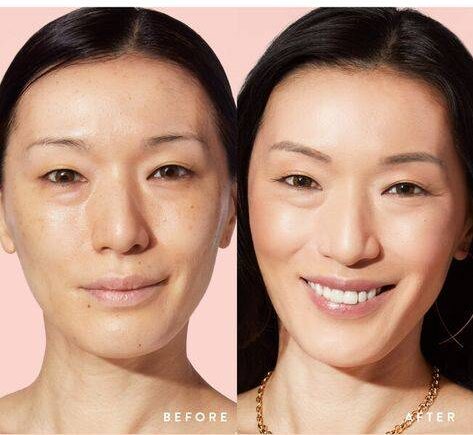
Promotes Collagen Production: Vitamins such as vitamin C and amino acids boost collagen production, leading to firmer and more youthful-looking skin.
Brightens and Evens Skin Tone: Mesotherapy can target dark spots, uneven skin tone, and pigmentation, giving your complexion a more uniform appearance.
Benefits of Mesotherapy:
Boosts Glow and Radiance: You’ll notice an immediate improvement in skin brightness after a few sessions.
Minimal Downtime: Unlike more invasive treatments, mesotherapy has minimal downtime, making it an ideal choice for those with busy schedules.
Long-Lasting Results: With regular sessions, the effects of mesotherapy can last for several months.
Other Advanced Treatments
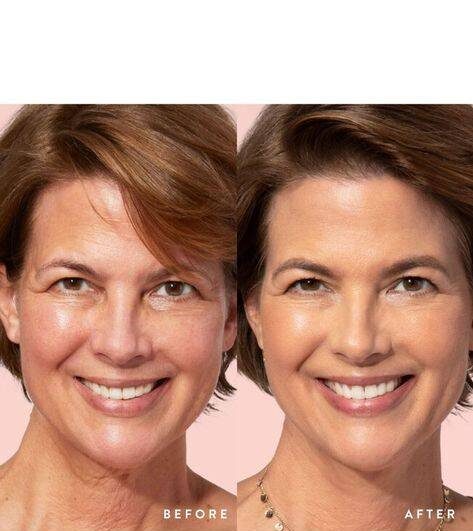
In addition to mesotherapy, other cosmetic treatments can help improve skin complexion:
Chemical Peels: Exfoliate deeper layers of the skin to reveal a more even tone.
Laser Therapy: Helps treat hyperpigmentation and stimulate collagen production.
Microneedling: Encourages skin regeneration by creating tiny punctures in the skin, promoting the healing process.
Conclusion
Understanding your skin complexion through proper testing can significantly impact the way you care for your skin. Whether it’s determining your undertone, oiliness, or skin type, these tests allow you to select products that enhance your complexion. To further improve your skin’s appearance, a daily skincare routine, good hydration, and advanced treatments like mesotherapy can work wonders. Mesotherapy, in particular, offers a targeted, non-invasive solution to help you achieve glowing, youthful skin.
Investing time and effort into understanding and caring for your complexion will not only improve your skin’s health but also boost your confidence with a more radiant appearance.
To stay updated with essential beauty tips and information from Luna Beauty Academy, follow us and check back regularly for the latest insights. We’re dedicated to providing you with the most valuable and current knowledge in the beauty industry!

